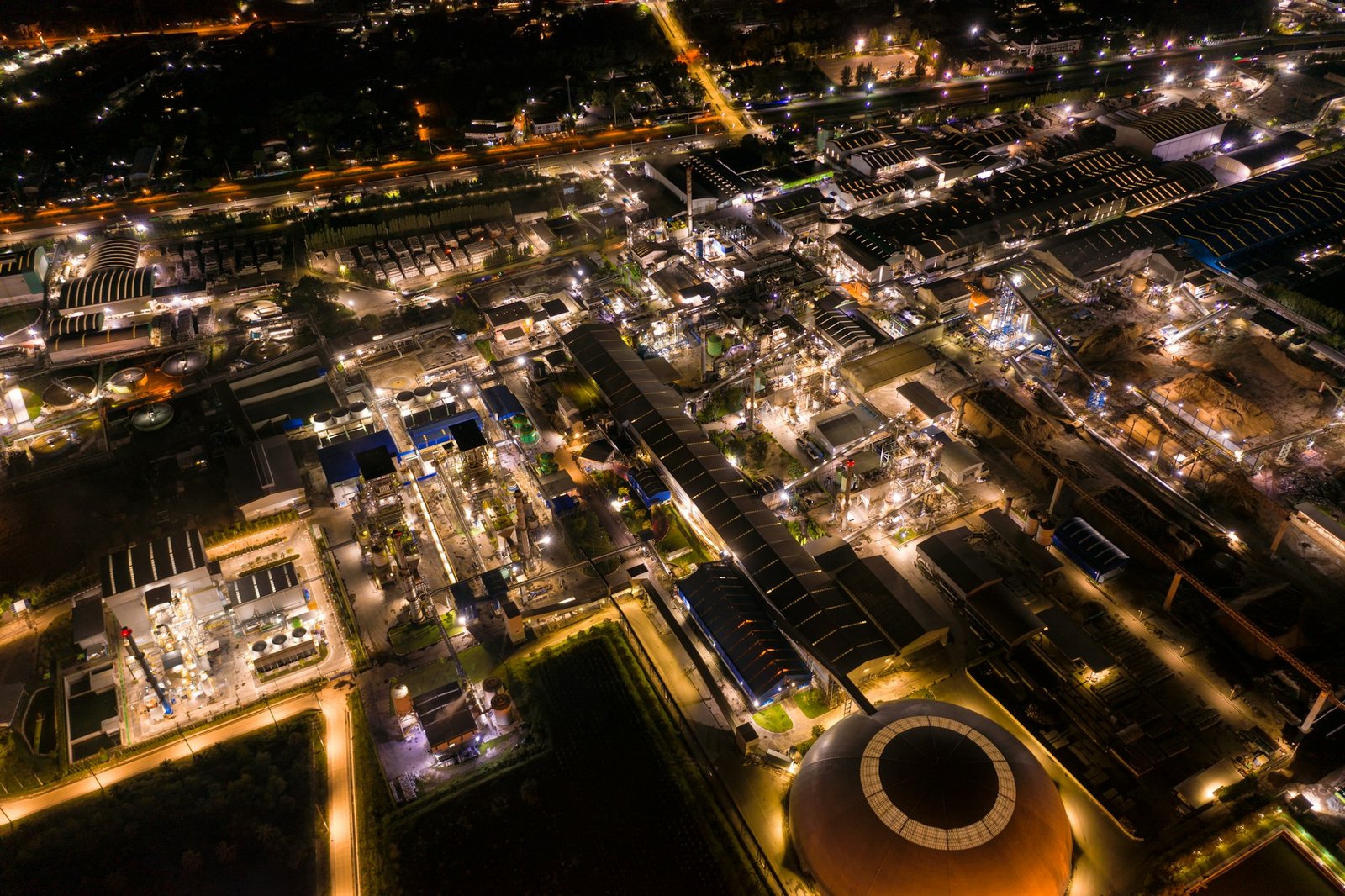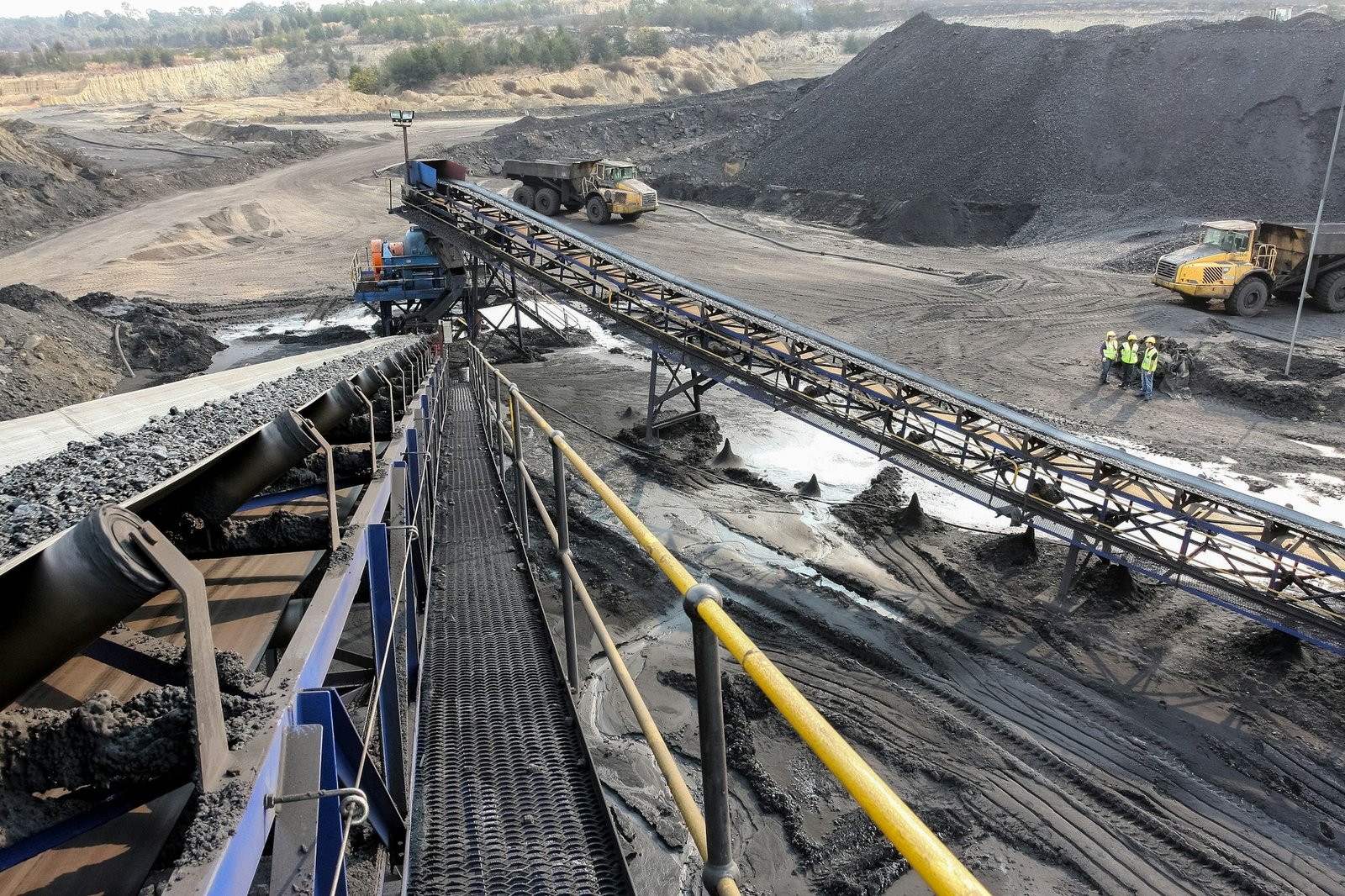The Green Wave: Investors Flock to Bioplastics Startups as Demand Surges
In recent years, a notable shift towards sustainability has permeated various industries, and the realm of plastics is no exception. With concerns over environmental degradation and the looming plastic pollution crisis, investors are increasingly turning their attention towards bioplastics startups. These innovative ventures offer a promising solution to the detrimental effects of traditional plastics, aligning with the growing consumer demand for eco-friendly alternatives.
Understanding the Bioplastics Revolution
Bioplastics, derived from renewable biomass sources such as corn starch, sugarcane, or vegetable fats and oils, present a compelling alternative to conventional petroleum-based plastics. Unlike their fossil fuel-derived counterparts, bioplastics boast inherent biodegradability and a reduced carbon footprint, making them a frontrunner in the quest for sustainable materials.
The Environmental Imperative
The surge in interest towards bioplastics is propelled by mounting environmental concerns surrounding plastic pollution. Traditional plastics, notorious for their non-biodegradable nature, have inundated landfills and oceans, posing a grave threat to ecosystems worldwide. Bioplastics offer a glimmer of hope, as they undergo decomposition through natural processes, mitigating the long-term environmental impact associated with plastic waste.
Market Dynamics
The burgeoning demand for bioplastics is not merely a reflection of environmental consciousness but also a strategic response to shifting market dynamics. With stringent regulations aimed at curbing plastic usage and an increasing consumer preference for eco-friendly products, bioplastics have emerged as a lucrative investment opportunity. Industry analysts project significant growth potential for bioplastics in various sectors, including packaging, consumer goods, and automotive applications.
Investing in the Future: The Appeal of Bioplastics Startups
As the demand for sustainable solutions intensifies, investors are flocking to bioplastics startups, recognizing the immense potential for innovation and disruption within the industry.
Innovation and Technological Advancements
Bioplastics startups epitomize innovation, leveraging cutting-edge technologies to develop novel materials with enhanced performance characteristics. From bio-based polymers with superior durability to compostable packaging solutions, these startups are at the forefront of revolutionizing the plastics landscape. Investors are drawn to the prospect of backing trailblazing companies that not only address environmental concerns but also offer competitive advantages in the market.
Diversification of Portfolios
For investors seeking to diversify their portfolios and capitalize on emerging trends, bioplastics present an attractive opportunity. With traditional industries facing scrutiny over their environmental impact, allocating funds to sustainable ventures like bioplastics startups offers a strategic hedge against future regulatory changes and consumer preferences. Moreover, the potential for substantial returns on investment further incentivizes financial backing in this burgeoning sector.
Economic Viability
Beyond environmental considerations, bioplastics startups demonstrate compelling economic viability. As economies worldwide transition towards a circular model focused on resource efficiency and waste reduction, the demand for sustainable materials continues to soar. By investing in bioplastics, stakeholders position themselves at the nexus of environmental stewardship and economic prosperity, tapping into a rapidly expanding market poised for exponential growth.
FAQs: Navigating the Bioplastics Landscape
1. What distinguishes bioplastics from traditional plastics?
Bioplastics are derived from renewable biomass sources and exhibit biodegradable properties, unlike traditional petroleum-based plastics.
2. Are bioplastics economically competitive with conventional plastics?
While bioplastics may have higher production costs, advancements in technology and economies of scale are driving down prices, enhancing their competitiveness in the market.
3. How do bioplastics contribute to sustainability efforts?
Bioplastics help mitigate the environmental impact of plastic pollution by decomposing naturally and reducing reliance on finite fossil fuel resources.
4. What industries are poised to benefit the most from bioplastics innovation?
Industries such as packaging, consumer goods, and automotive manufacturing stand to gain significantly from the adoption of bioplastics, owing to their versatility and eco-friendly credentials.
5. What role do regulations play in shaping the bioplastics market?
Regulatory measures aimed at reducing plastic waste and promoting sustainability incentivize the adoption of bioplastics, driving market demand and investment in the sector.
In conclusion, the surge in investor interest towards bioplastics startups reflects a broader paradigm shift towards sustainability and responsible business practices. By supporting innovation in the bioplastics industry, investors not only stand to reap financial rewards but also contribute to the global effort to combat plastic pollution and build a more sustainable future.





